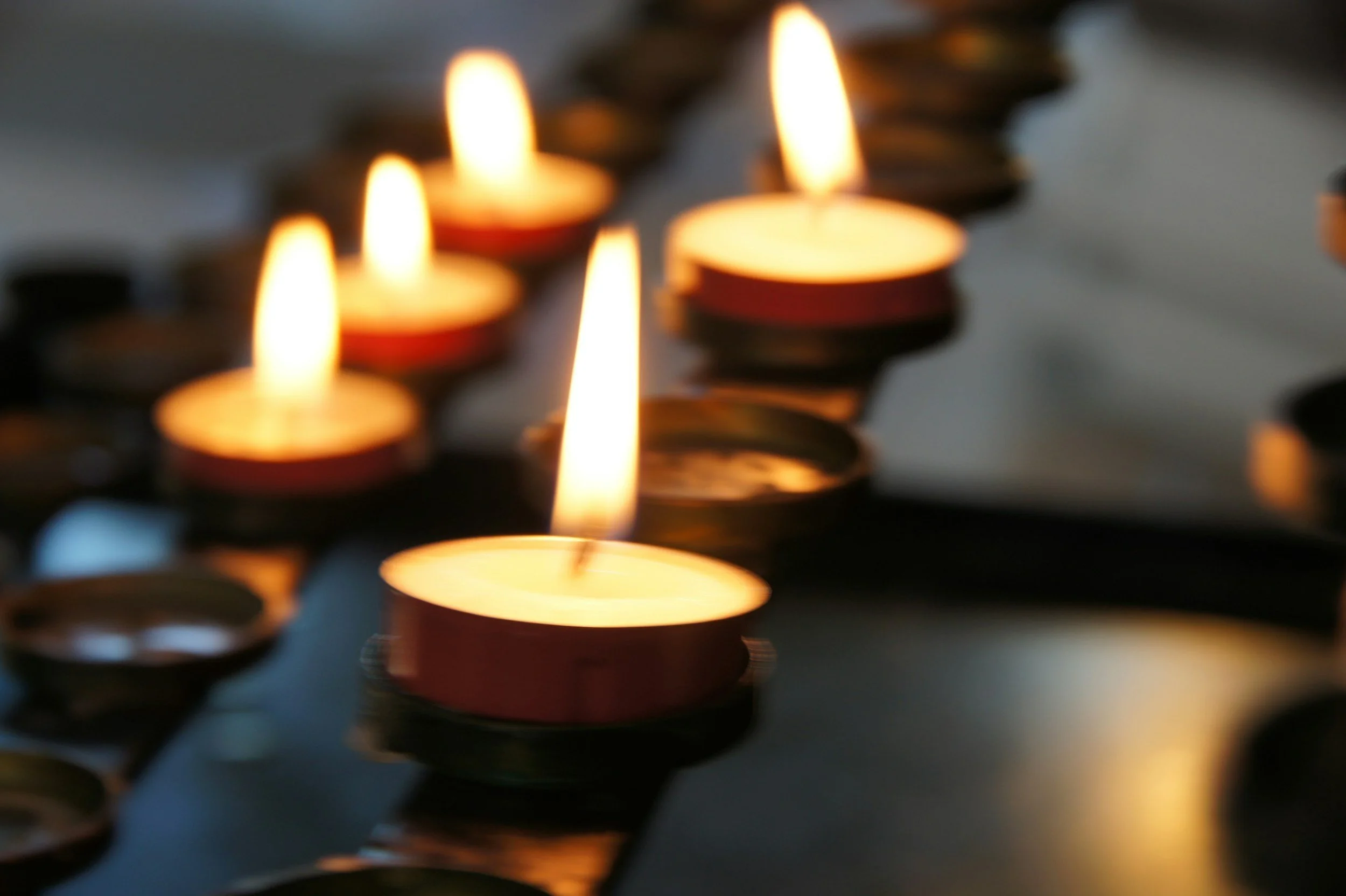Why We Don’t Talk About Funerals (But Really Should)
Death is Just Another Room
Funerals are an inevitable part of life, yet they remain one of society’s most avoided topics. Despite death being as certain as taxes, discussions around it often feel taboo. Why is it that we shy away from conversations about funerals? More importantly, what are we missing out on by not planning ahead and embracing the idea of a life celebrated by a skilled funeral celebrant? Let’s break down the barriers and discover why talking about funerals - and who conducts them - matters more than we think.
Why Don’t We Talk About Funerals?
Fear of Death
Death is uncomfortable. It reminds us of our mortality and forces us to face the unknown. Many prefer to avoid the topic altogether, hoping that sidestepping the conversation will somehow delay its inevitability.Cultural Taboo
In many cultures, death is seen as a grim and sombre event, not something to be openly discussed. This cultural conditioning leads to avoidance and discomfort when the subject arises.Emotional Difficulty
Losing a loved one is painful, and thinking about it can be emotionally overwhelming. It’s easier to focus on life’s joys and avoid the sorrow associated with death.Lack of Awareness
Many people simply don’t know how to approach funeral planning or understand their options. The traditional idea of funerals often feels rigid and impersonal, making it an unappealing subject.
Why Talking About Funerals Matters
Eases Emotional Burden
Discussing funeral plans ahead of time can relieve stress for family members. Knowing your wishes means your loved ones won’t have to make difficult decisions during an already challenging time.Encourages Personalisation
Talking openly allows for creativity and personalisation. Instead of a sombre ceremony, you can plan a meaningful celebration of life that reflects your personality, values, and passions.Brings Closure
A well-thought-out funeral provides a sense of closure for those left behind. It’s an opportunity to honour a life well-lived and begin the healing process.Promotes Legacy
Planning ahead ensures your legacy is celebrated in the way you envision. Whether it’s through music, stories, or rituals, your funeral can be a powerful reflection of your life’s journey.
Creating Memories
The Role of a Funeral Celebrant
A funeral celebrant, like myself, is a professional who designs and leads personalised funeral services. Unlike religious leaders who follow traditional rites, celebrants create unique ceremonies tailored to the individual. Here’s why a celebrant can make all the difference:
1. Personalisation and Flexibility
Celebrants take the time to learn about the person being honoured. They craft a service that incorporates personal stories, favourite songs, and cherished memories. Whether the deceased loved David Bowie or had a penchant for comedy, a celebrant ensures these passions are front and centre.
2. Inclusive for All Beliefs
Not everyone follows a specific religion, and celebrants can create non-denominational or spiritual services that resonate with diverse beliefs. This flexibility ensures everyone feels included and respected.
3. Focus on Celebration, Not Just Mourning
A celebrant’s goal is to celebrate life, not just mourn death. By highlighting the joys, achievements, and quirks of the deceased, they help create an uplifting experience that brings comfort and smiles alongside tears.
4. Relieves Family Stress
Planning a funeral can be overwhelming. A celebrant guides the process, handling logistics and offering support, allowing families to focus on grieving and remembering their loved one.
The Benefits of Embracing Funeral Conversations
Opening up about funerals might feel uncomfortable at first, but the benefits are undeniable:
Peace of Mind: You’ll know your wishes are clear and will be honoured.
A Meaningful Goodbye: Friends and family will experience a service that truly reflects who you are.
Stronger Connections: Talking about death can deepen relationships and foster meaningful conversations about life.
Conclusion
Avoiding conversations about funerals doesn’t make death any less real—it only adds unnecessary stress when the time comes. By talking openly and considering the services of a funeral celebrant, we can transform funerals into heartfelt celebrations of life.
So, let’s break the silence. Talking about funerals is not morbid; it’s empowering. After all, what better legacy to leave behind than a celebration filled with laughter, love, and the stories that made your life unique?



